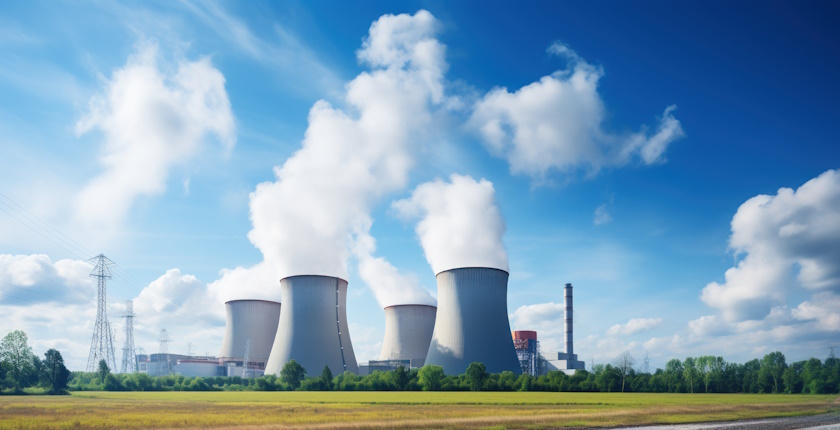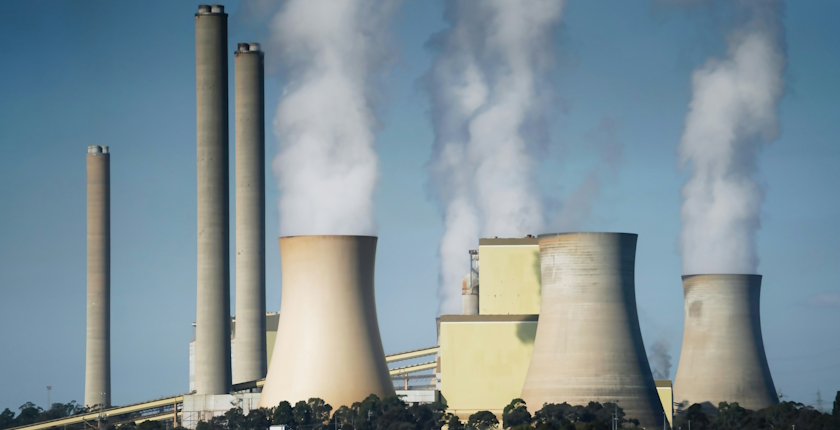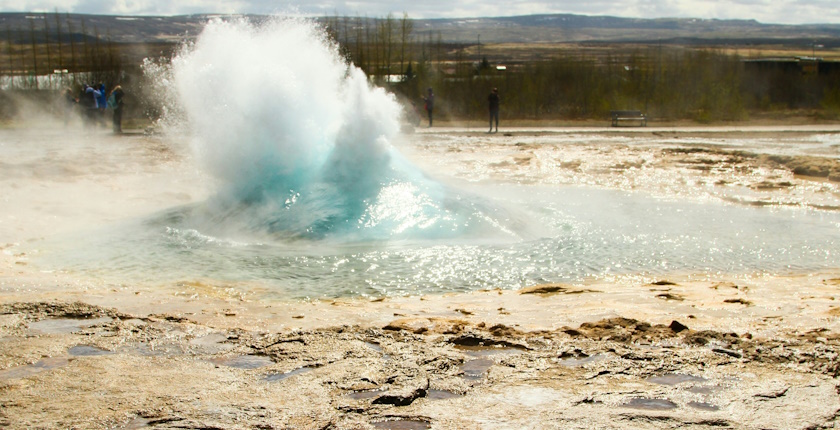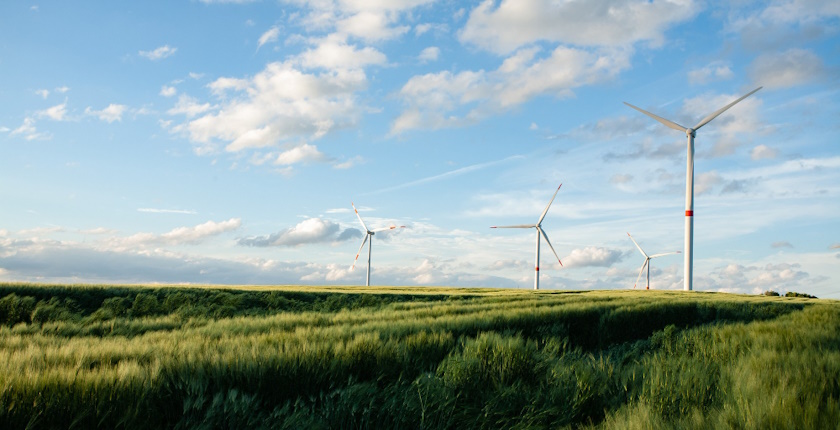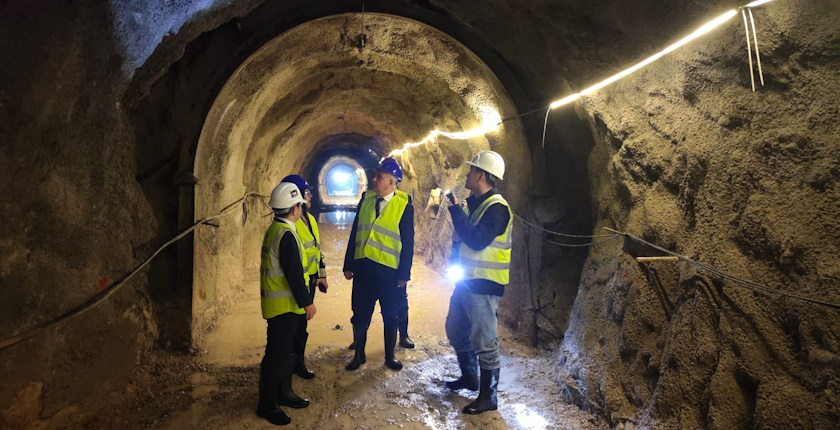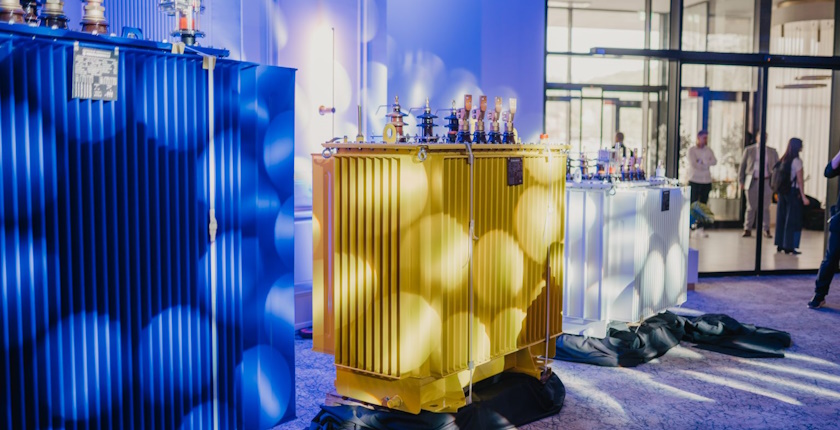
Energoinvest inaugurates transformers made in BiH
Bosnia and Herzegovina-based company Energoinvest has manufactured the first domestic transformers under its brand.
Energoinvest plans to develop its production capabilities in the energy sector, demonstrating a clear commitment to revitalizing its brand.
A significant milestone in the endeavor was signing a strategic partnership with Turkish company Ares Trafo Ekipmanlari. The event has also marked the start of the production of transformers up to 7 MVA under the Energoinvest brand.
It has never happened before in BiH, the company said.
The first contracts for the delivery of the equipment have already been already signed
Of note, Energoinvest and Ares Trafo Ekipmanlari began discussions in February on the production of transformers in BiH as well as on cooperation in other markets. The outcome was the strategic partnership agreement.
Now, just one month later, Energoinvest unveiled the first batch of transformers, which were symbolically painted in the colors of the national flag. The company said the first orders came from three new markets: the United Kingdom, Belgium and Serbia.
Currently, the company operates in over 20 countries.
The official presentation of the transformers took place in Tuzla at a conference called Energetski Zaokret, organized by the Ministry of Energy, Mining and Industry of the Federation of BiH, one of the two entities in BiH.
It was attended by Vedran Lakić, Minister of Energy, Mining and Industry of the Federation of BiH, Nermin Nikšić, Prime Minister of the Federation of BiH, and Energoinvest CEO Mirza Ustamujić.
Lakić: Transformers are among the most sought equipment in the global market
Ustamujić said the new management made substantial progress in financial stabilization and improvement of business operations.
“This is a symbol of patriotism, collaboration, and confidence in our domestic capabilities. When we believe in ourselves, there are no limits. This is the beginning of a new industrial era for Bosnia and Herzegovina and a wonderful gift for the 74th anniversary of Energoinvest,” he stated.
According to Minister Vedran Lakić, the showcased products offer hope that BiH would become one of the most important players in transformer production.

